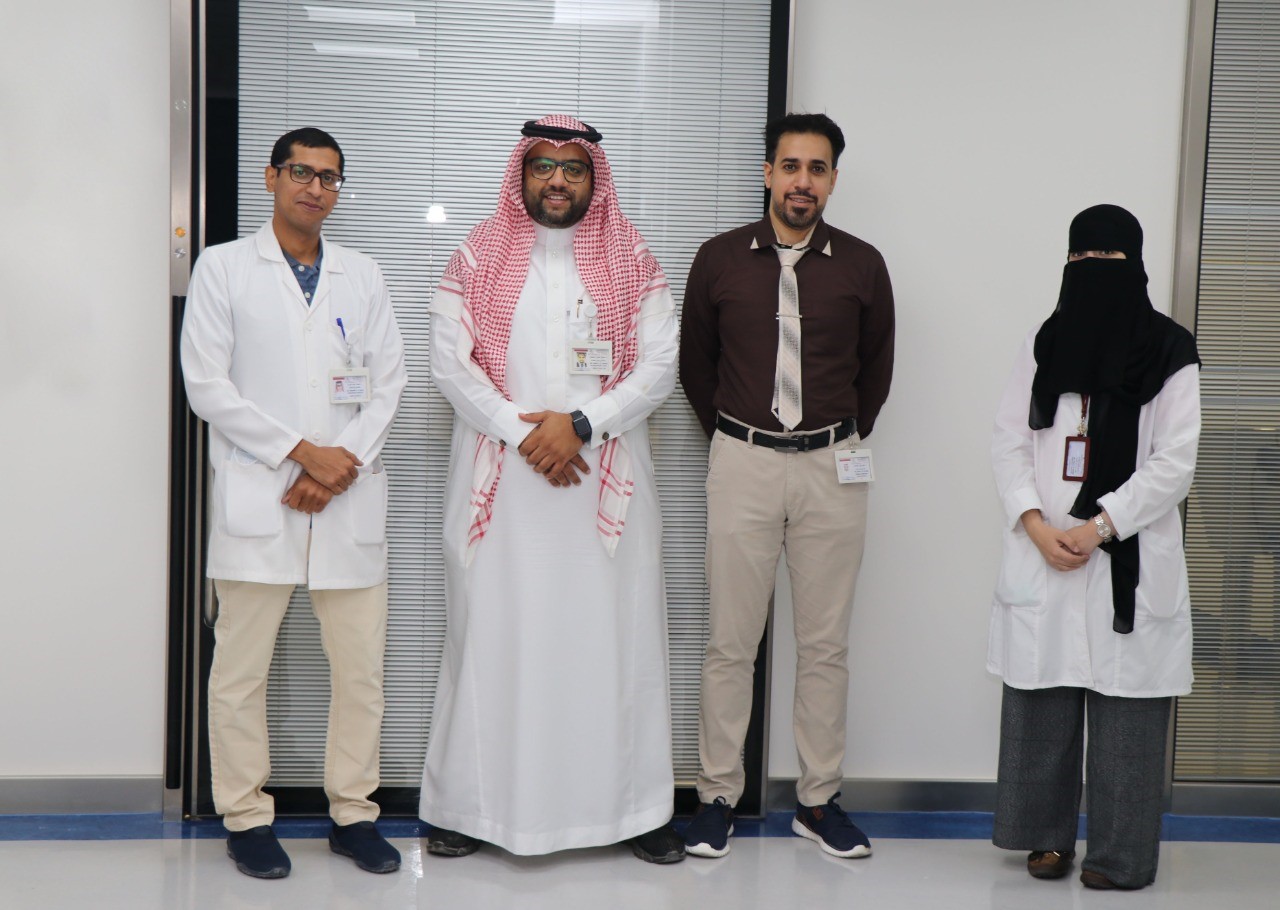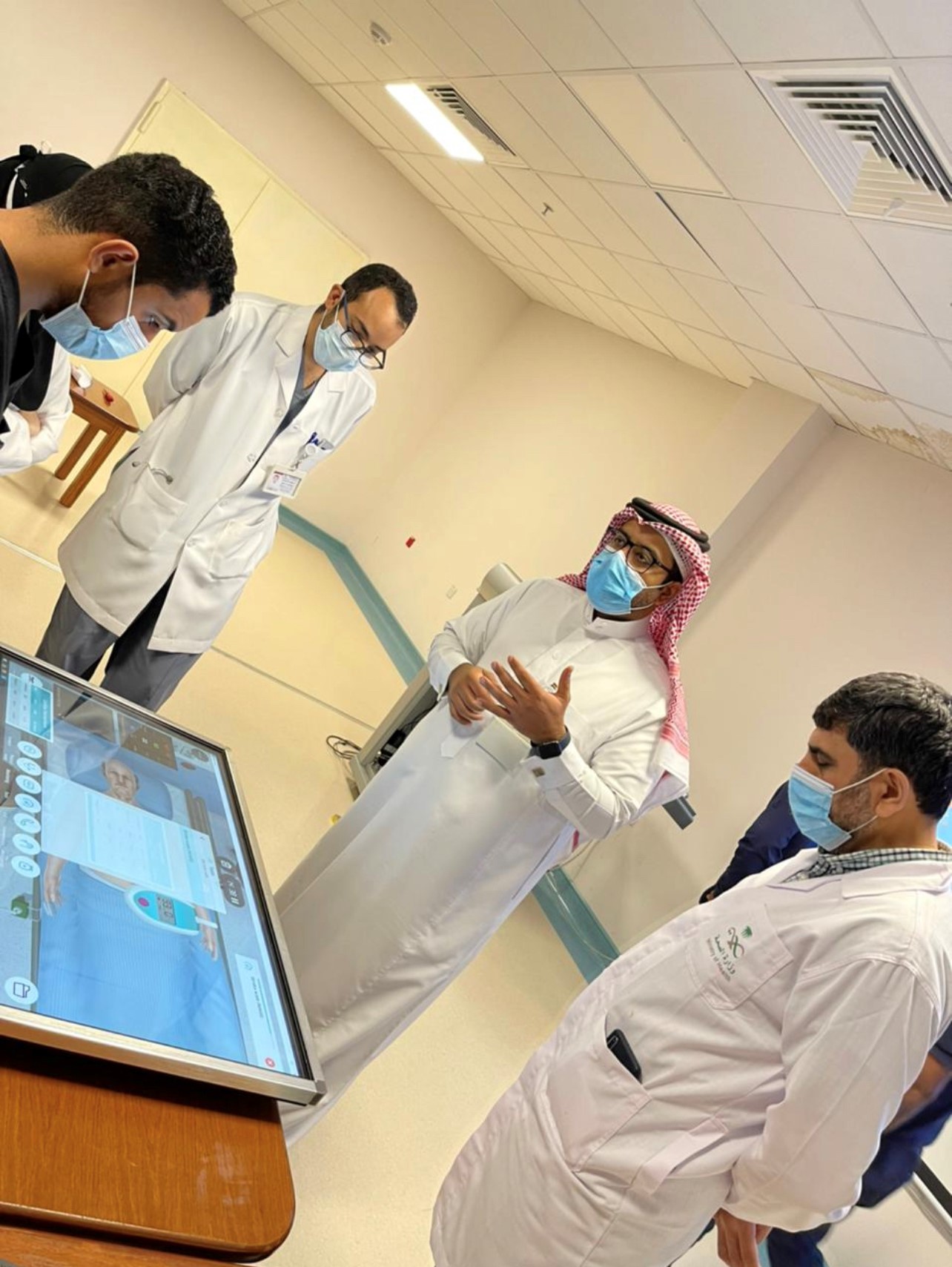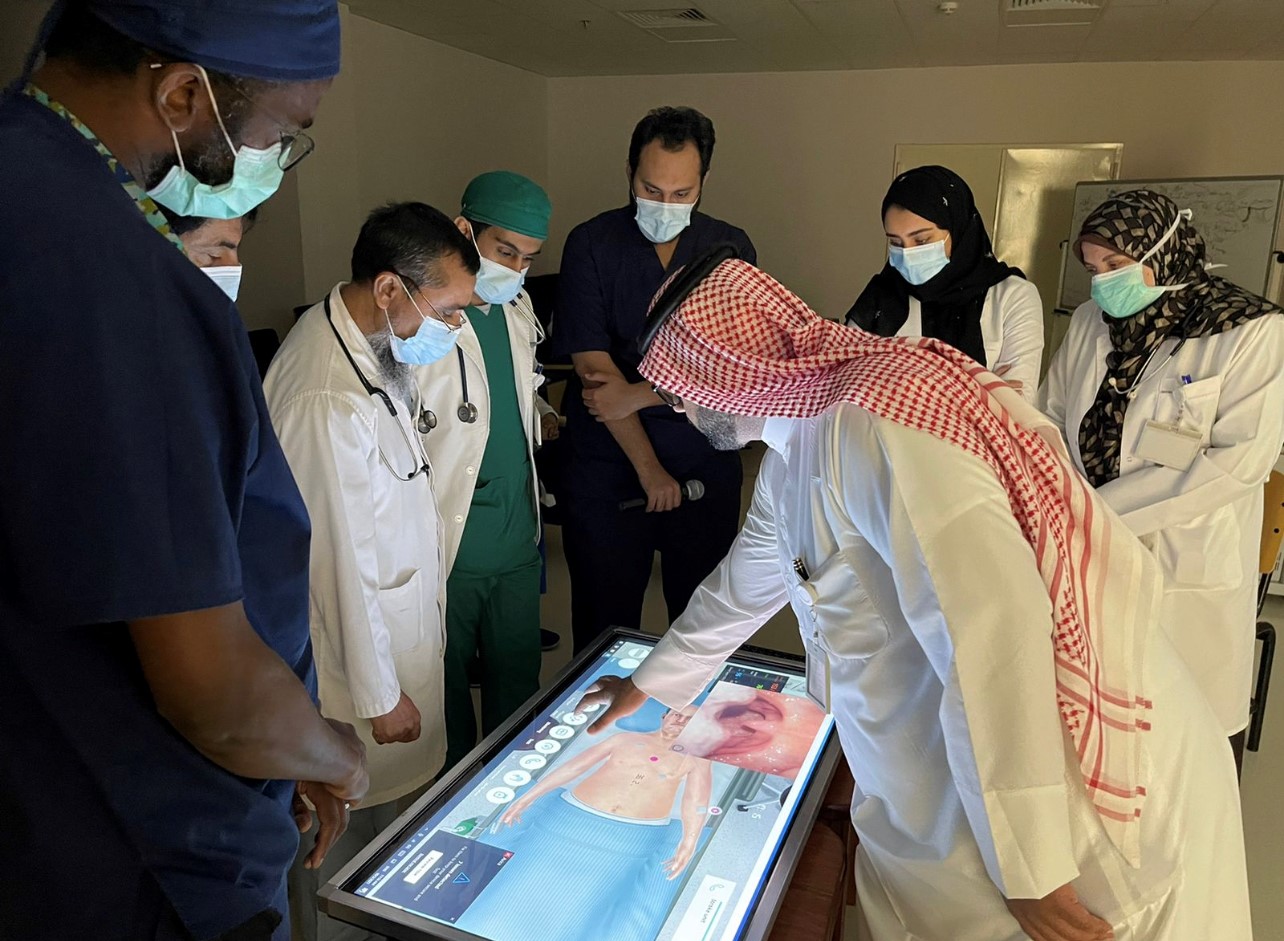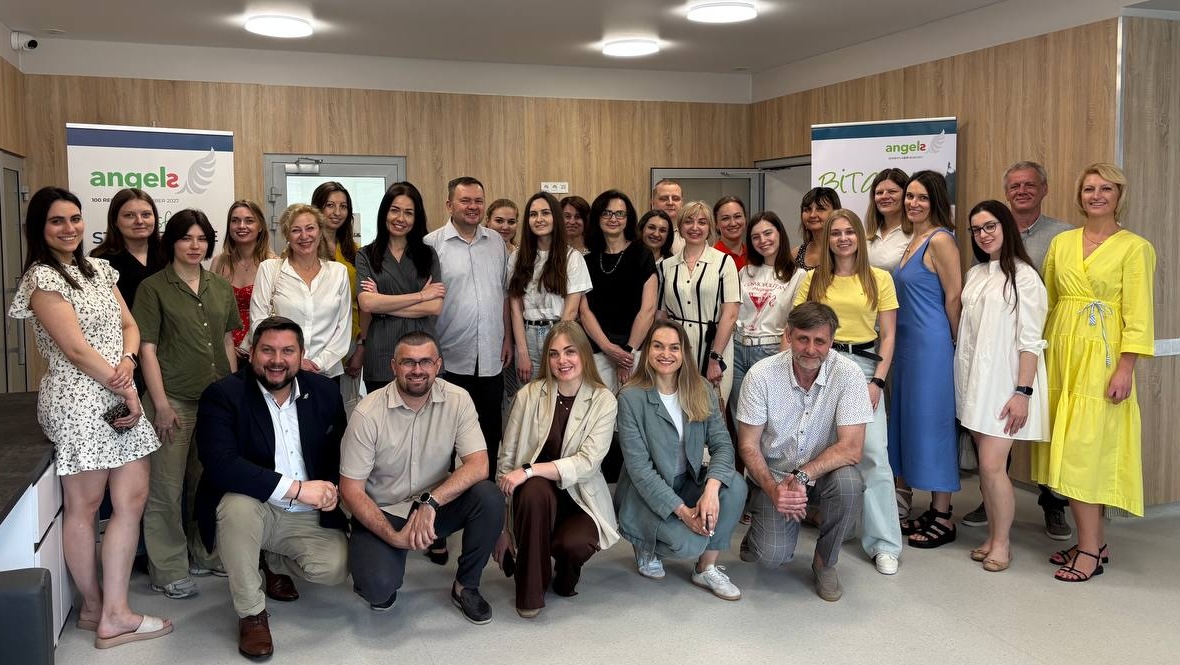
Перед тем как рассказать история инсульт в больнице King Fahad Hospital Hofuf, расположенной в городе Аль-Ахса, читателю следует знать о двух важных вещах.
Первый — это то, что этот крупный город в г. Аль-Ахса Осис в самой восточной провинции Саудовской Аравии находится дома, в котором проживает сообщество, в котором люди заботятся о благополучии друг друга, как будто даже незнакомые люди являются родственниками и друзьями. Это укрепляющее чувство сообществ — лучшее объяснение значительного изменения ухода за уход за пациентом с инсультом, которое произошло в этой больнице за последние три года.
Во-вторых, неврология отделение больницы King Fahad находится под руководством врача, который так же заботится о других, и который, кроме того, является увлеченным и оптимистичным человеком, который, в свою очередь, обладает всеми качествами, необходимыми для революции.
Недолго после того, как этот врач вернулся из аспирантуры по профилактике инсульт и деменции в западном университете Канады, он решил создать инсультное отделение в своей больнице. В этом случае д-р Садик Альсальман изначально был достаточно одинок. Больница King Fahad Hospital, многопрофильная референс-больница с 500 койками, однако, не имела специальных койко-мест для пациентов с инсульт, протоколов лечения острый инсульт и обученного персонала, который делился своим зрением. В крупнейшей провинции Саудовской Аравии не было ни одной другой государственной больницы, где пациенты с инсульт могли бы получать неотложную помощь.
Но в стране, где, по данным работы в Саудовском фармацевтическом журнале от марта 2021 г., заболеваемость инсульт увеличивается, а уровень смертность, как ожидается, будет почти удвоиться к 2030 г., д-р Садик посчитал необходимым улучшить уход за пациентом с инсультом для более чем четырех миллионов жителей региона. Вскоре он присоединился к этой работе д-ром Мохаммедом Алхацзаа, невролог по инсульт, который присоединился к отделению в третьем квартале 2021 г., и консультант компании Angels по оптимизации уход за пациентом с инсультом в восточном регионе.

Комплексная программа семинаров была запущена в течение 2021 года. В повестке дня были моделирование семинары для отделение неотложной помощи, два семинара для медсестер и четыре семинара с участием Саудовской власти Красного полумесяца, гуманитарного общества, предоставляющего экстренная медицинской помощи крупным частям страны. К концу программы в общей сложности 500 участников получили инструкции по лечению острый инсульт, и между отделение неотложной помощи, медсестрами и красным полумесяцем были установлены ценные связи. К концу 2021 г. больница King Fahad Hospital готова предложить пациентам с инсульт инсульт от Al-Ahsa второй шанс на жизнь, и теперь у них есть девять коек и полностью подготовленная команда.

Один из таких пациент оказал большее влияние на эту новую инсультная бригада, чем на любую другую. При оценке по шкале NIHSS (Шкала оценки инсульта Национального института здравоохранения США) 18 баллов по прибытии у этого пациент был высокий риск смерти или тяжелой инвалидизация. Но в течение нескольких часов после лечения тромболизис он возвращался на ноги, и со временем балл 0 по модифицированной шкале Рэнкина подтвердил, что у него нет объективный симптом .
В худший день его жизни помощь пришла от тех, кто находится в его непосредственном круге. Врач врач экстренная в больнице King Fahad Hospital, перенесший тяжелый инсульт, обязан своей жизни и здоровью быстрому действию своих коллег и решению д-ра Садик превратить свою больницу в учреждение, занимающееся лечением инсульт.
инсультная бригада в больнице King Fahad Hospital может гордиться большим количеством случаев, включая уровень реканализация более 10% и увеличение среднего время от поступления до введения препарата до менее 55 минут после принятия решения о проведении КТ КТ. Менее чем через год после активации кода инсульт они уже представили услугу тромбэктомии с помощью внешнего интервенционного невролог в настоящее время, но с планами для специализированной группы тромбэктомии к следующему году.
Их успех, безусловно, является плодом смелости и решимости. Но если вы спросите, что действительно улучшило уход за пациентом с инсультом в больнице King Fahad Hospital, это один пациент, который все внес свой вклад. В сообществе, которое заботится даже о незнакомых людях, как если бы они были членами семьи, реальным поворотным моментом для этой инсультная бригада было то, что спасенная жизнь была их собственной.



